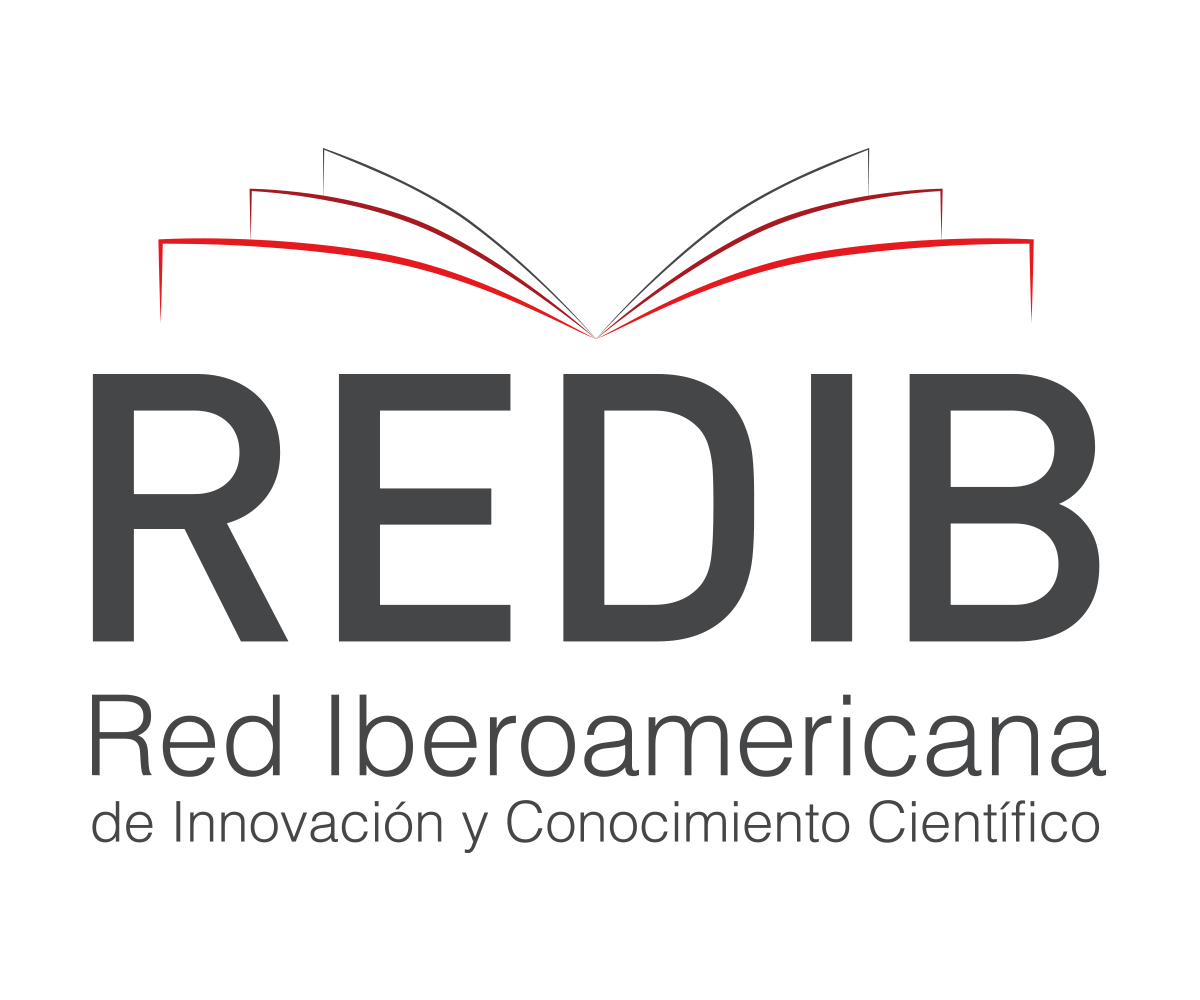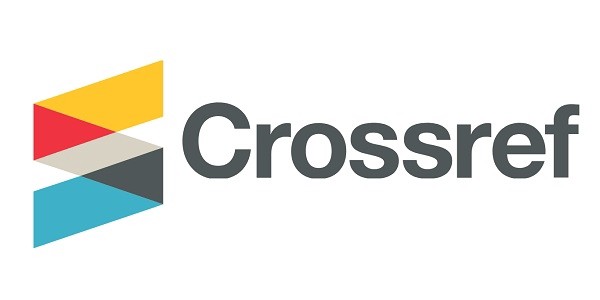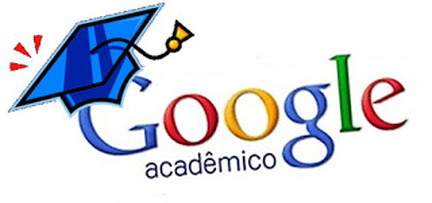ARTIFICIAL INTELLIGENCE, DEFINITIONS AND APPLICATIONS
the use of intelligent systems for the benefit of medicine
DOI:
https://doi.org/10.31510/infa.v17i1.782Keywords:
Inteligência artificial, Teste de Turing, Inteligência artificial na medicina, Nanotecnologia, Nano-robôsAbstract
Artificial Intelligence is a reality in different areas of science, whether applied to the mobile device that is easily accessible to people, or in autonomous systems capable of using the entire tools or performing complex operations. This study described how to better understand what the concept of Artificial Intelligence is, rescue, including the Turing test, which allows us to assess whether a machine is capable of being aware of making decisions, affecting a human brain. In view of the different applications of Artificial Intelligence, the study, followed, if a specific area, which is a drug, in order to show some examples in intelligent systems already makes a difference in the list of diseases, diagnostic performances, surgical procedures and procedures . Who realizes, from this study, that Artificial Intelligence has a huge potential to change the way each procedure is performed, or that it can be valuable for an evolution of the different areas that can support these technologies, including, for certain, medicine.
Downloads
Metrics
References
DURKHEIM, Émile. As formas elementares da vida religiosa: o sistema totêmico na Austrália. São Paulo: Martins Fontes, 1996.
HARARI, Yuval N. Homo Deus: uma breve história do amanhã. São Paulo: Companhia das Letras: 2016.
LIMA, Mariana C. P.; QUEIROZ, Paulo R. Nanomedicina: aplicação da nanotecnologia na medicina. PUC Goiás, s.d. Disponível em < https://bit.ly/2VgdKth >. Acesso em 9 mar. 2020.
LUGER, George F. Inteligência Artificial. 6 ed. São Paulo: Pearson Education do Brasil, 2013.
LOBO, Luiz C. Inteligência artificial e medicina. Revista Brasileira de Educação Médica, vol. 41, n. 2, 2017. Disponível em < https://bit.ly/2VbSi8E >. Acesso em: 9 jan. 2020.
LOBO, Luiz C. Inteligência artificial, o futuro da medicina e a educação médica. Revista Brasileira de Educação Médica, vol. 42, n. 3, 2018. Disponível em: < https://bit.ly/3c7vcH7 >. Acesso em: 9 mar. 2020.
MASNICK, Mike. No, A 'supercomputer' did not pass Turing Test for the first time and everyone should know better. Techdirt, 9 jun. 2014. Disponível em: < https://bit.ly/2VjEGbg >. Acesso em: 7 nov. 2019.
PEREIRA, Silvio L. Introdução à Inteligência Artificial. IME-USP, s.d. Disponível em: < https://www.ime.usp.br/~slago/IA-introducao.pdf >. Acesso em: 10 out. 2019.
PRADO, Jean. A inteligência artificial é mais antiga do que você imagina. Tecnoblog, 2016. Disponível em: < https://bit.ly/3e9rm1Z >. Acesso em 11 out. 2019.
ROMANELLI, Pedro. Cientistas estão usando nano robôs para combater o câncer. Blog do Dr. Pedro Romanelli, 8 fev. 2019. Disponível em: < https://bit.ly/2JTD6HX >. Acesso em: 11 fev. 2020.
ROSA, João L. G. Fundamentos da Inteligência Artificial. Rio de Janeiro: LTC, 2011.
RUSSEL, Stuart; NORVIG, Peter. Inteligência Artificial. 3 ed. Rio de Janeiro: Elsevier, 2013.
SAIBA mais sobre a Sociedade Brasileira de Nanomedicina. Sociedade Brasileira de Nanomedicina, 2020. Disponível em: < https://www.nanomedicina.org.br/ >. Acesso em: 9 abr. 2020.
SANTOS JUNIOR, Jorge L. Ciência do Futuro e futuro da ciência: redes e políticas de nanociência e nanotecnologia no Brasil. Rio de Janeiro: UERJ, 2013.
Downloads
Published
How to Cite
Issue
Section
License
Copyright (c) 2020 Revista Interface Tecnológica

This work is licensed under a Creative Commons Attribution 4.0 International License.
Os direitos autorais dos artigos publicados pertencem à revista Interface Tecnológica e seguem o padrão Creative Commons (CC BY 4.0), que permite o remixe, adaptação e criação de obras derivadas do original, mesmo para fins comerciais. As novas obras devem conter menção ao(s) autor(es) nos créditos.
- Abstract 3738
- PDF (Português (Brasil)) 3108












.jpg)




1.png)
1.png)